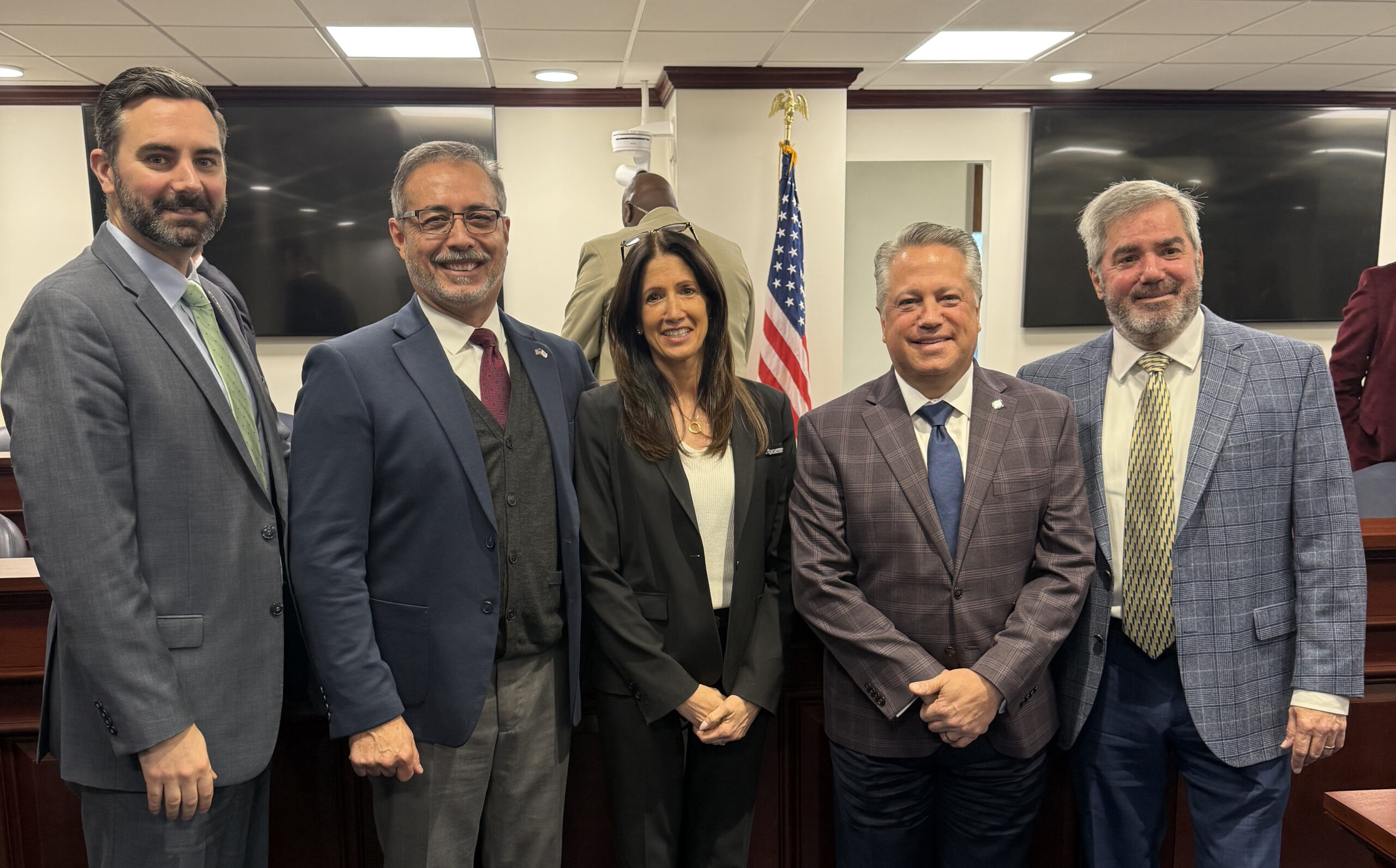Navigating Change: How Florida's Ports Are Reshaping Their Future in a Shifting Landscape

Florida's maritime and logistics landscape is poised for significant transformation as complex global dynamics converge to reshape the state's critical transportation infrastructure. Trade policies, technological innovations, and food security concerns are creating a perfect storm of challenges and opportunities for Florida's bustling ports and supply chain networks.
Emerging tariff regulations are sending ripples through international trade, potentially altering the traditional flow of goods into and out of Florida's strategic maritime gateways. These policy shifts could fundamentally restructure how businesses approach import and export strategies, compelling port authorities and logistics companies to adapt quickly to changing economic landscapes.
Simultaneously, the rise of automation technologies is revolutionizing dock operations. Advanced robotic systems and artificial intelligence are streamlining cargo handling processes, promising increased efficiency but also raising questions about workforce implications. Florida's ports are at the forefront of exploring how cutting-edge technologies can enhance productivity while managing potential labor market disruptions.
Food security emerges as another critical factor influencing infrastructure development. With global agricultural supply chains becoming increasingly complex, Florida's ports play a pivotal role in ensuring stable food distribution. The intersection of technological innovation, trade policies, and agricultural logistics presents both challenges and unprecedented opportunities for the state's maritime sector.
As these interconnected forces continue to evolve, Florida's logistics infrastructure stands at a crucial crossroads, requiring strategic planning, technological investment, and adaptive policymaking to maintain its competitive edge in the global marketplace.
